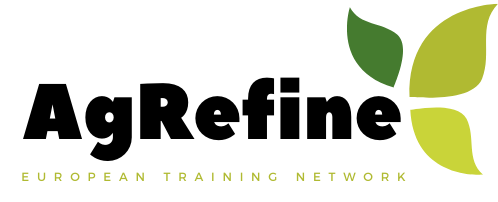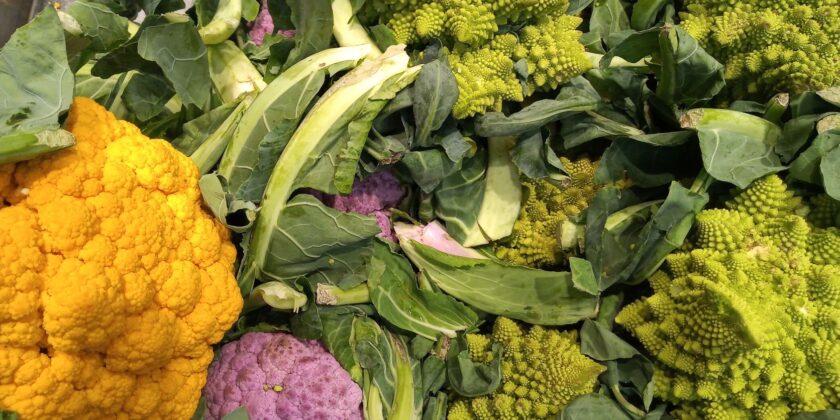You’re standing in the supermarket, in the chocolate aisle. You are looking at all the different chocolates and trying to decide which one to purchase. You want to get something that is vegan, for the environment, and fair trade, for the humans. You are left with one option… a tiny bar which is 8 euros. Do you decide that your economy matters more than social and environmental rights? Can you even make that decision with the information you are given?
You end up crippled by the choice, and leave the store empty-handed.
This very experience happens to me regularly, not always with chocolate, but with my decisions as a consumer. The world is complicated, and people are eager to do the right thing, but what is the right thing? How can we be sure, if we don’t have the data to back it up?
This highlights the importance of sustainability assessments. Particularly, it shows just how relevant sustainability can be in our daily decisions. While we live in an economically driven world, average people as well as companies and entire societies care deeply about the effects of their decisions on the environmental sustainability and social development of the planet. These groups, or stakeholders, need appropriate tools to help them make the right decisions.
Let’s take another grocery store example. There is a local, organic fruit and a conventionally grown fruit from another country. Are you sure of which fruit you will take? What if the organic fruit is wrapped in plastic, while the other is not? Now you’re not only thinking about the production of the product, you are also thinking about the eventual disposal. Is it possible to objectively know what matters more?
This is the concept of life cycle thinking, where impacts from each stage in a product’s lifetime are considered. Life cycle assessment is a methodology which uses life cycle thinking, where environmental impacts can be quantified based on different indicators, such as global warming potential, resource depletion, or ecotoxity. Life cycle thinking is not limited to environmental aspects; social life cycle assessment uses the same methodology to quantify social impacts, such as rights for workers and rights for the local community, and life cycle costing can quantify the economic impacts of a product throughout its life cycle stages. A life cycle sustainability assessment can incorporate all of these impacts into one overall assessment. Finally, life cycle management is the act of using life cycle assessment and other sustainability tools to implement policies and inform decision making.
The future of the world is affected by the everyday decisions of the present. Life cycle assessment cannot in itself make choices for stakeholders, but it can give them the data they need in order to make informed decisions for themselves.
20 years into the future, you walk into another supermarket. You know that your budget for chocolate is 4 euros. Products now are required to include carbon footprints on their labels, and a scoring system has been developed by the national food authority to rank the social sustainability of different producers. You now find it much easier to make a data-based decision about your chocolate bar…. Although you might still get stuck on the flavor.
Charlene Vance is ESR 12 in the AgRefine ITN, based at University College Dublin and focused on building a dynamic life cycle assessment framework for the project. She hopes this post helps others understand the importance of life cycle sustainability assessments, not only in science and technology, but in helping people make sustaianble choices in their everyday lives.




